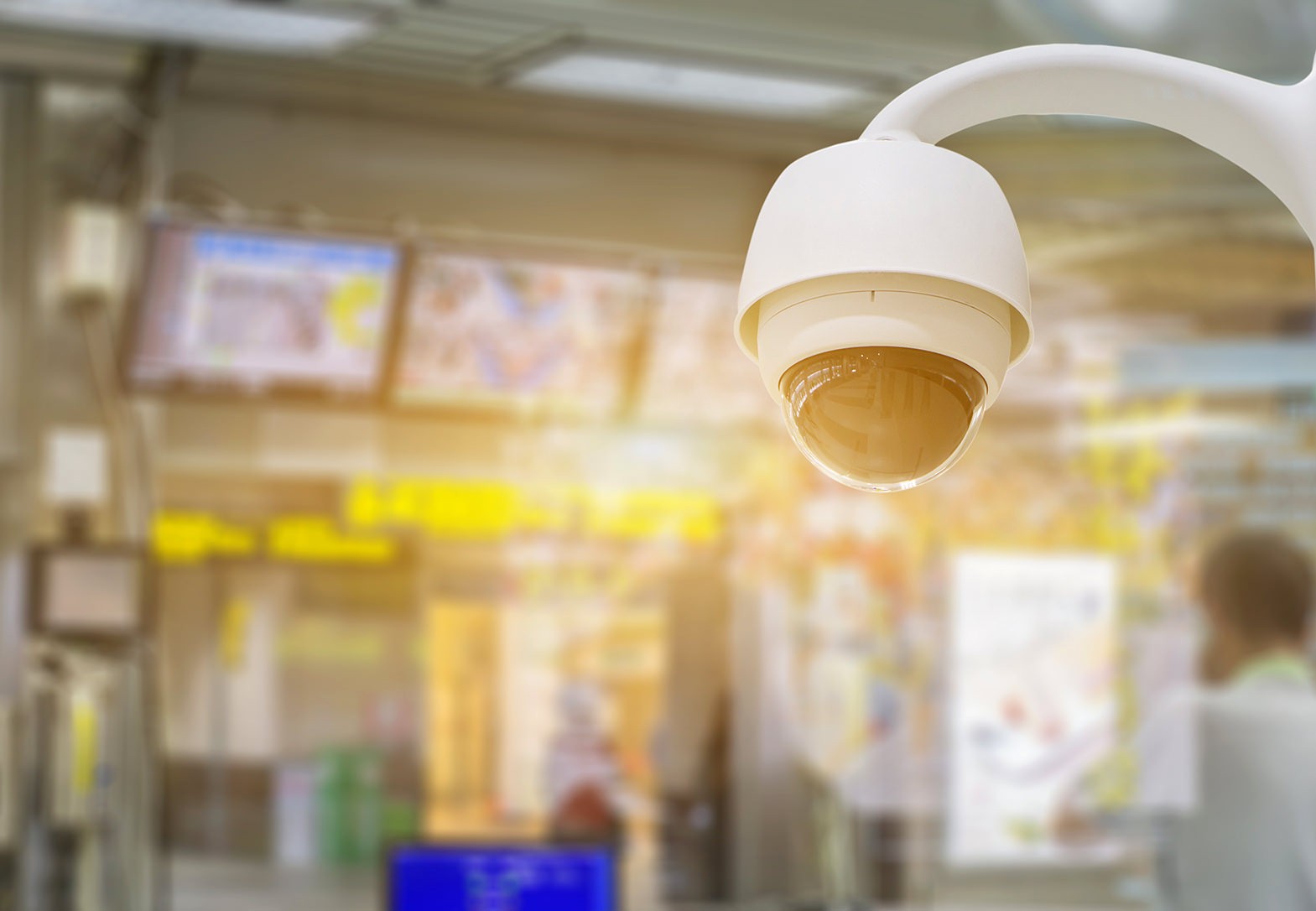CCTVs (Closed-Circuit Television) have become increasingly important in Kenya due to their significant impact on public safety, crime prevention, and law enforcement. Here are several reasons why CCTVs are crucial in Kenya:
- Deterrence of Criminal Activities: The presence of visible CCTV cameras acts as a powerful deterrent against criminal activities. Potential offenders are less likely to commit crimes when they know they are being monitored and recorded. CCTVs create a sense of surveillance, discouraging theft, vandalism, and other illegal activities in public spaces, residential areas, and commercial establishments.
- Investigation and Evidence Gathering: CCTV footage serves as crucial evidence in criminal investigations. In the event of an incident, recorded video footage from CCTVs can provide valuable information, such as identifying suspects, capturing the sequence of events, or tracking the movement of individuals. This evidence aids law enforcement agencies in apprehending criminals, bringing them to justice, and ensuring a safer environment for the community.
- Enhanced Public Safety: By deploying CCTVs in public spaces such as streets, parks, and transportation hubs, Kenya can enhance public safety. Surveillance cameras help monitor crowd behavior, identify potential threats, and respond promptly to emergencies. Real-time monitoring allows authorities to detect and address security issues quickly, ensuring the safety and well-being of citizens.
- Traffic Management and Enforcement: CCTVs play a significant role in managing traffic flow and enforcing road safety regulations. Traffic cameras enable traffic authorities to monitor congested areas, detect traffic violations, and respond to accidents or emergencies promptly. By enforcing traffic laws through the use of CCTVs, Kenya can improve road safety, reduce accidents, and enhance the overall efficiency of transportation systems.
- Protection of Critical Infrastructure: CCTVs are essential for protecting critical infrastructure, such as airports, government buildings, power plants, and public utilities. These high-value assets require constant monitoring and security to prevent unauthorized access, sabotage, or terrorist activities. CCTV systems ensure the early detection of security breaches and allow security personnel to respond quickly to potential threats, safeguarding critical infrastructure and minimizing the risk of disruption.
- Workplace Safety and Employee Monitoring: CCTVs are also employed in workplaces to enhance safety, monitor employee activities, and prevent theft or misconduct. By maintaining surveillance in work environments, businesses can create a secure atmosphere, deter internal theft, and resolve disputes. This helps to ensure employee safety, protect company assets, and maintain productivity.
Conclusion: CCTVs have become integral to public safety, crime prevention, and law enforcement in Kenya. By investing in comprehensive CCTV systems, the country can deter criminal activities, gather evidence, enhance public safety, manage traffic, protect critical infrastructure, and maintain a secure workplace environment. The continuous advancements in CCTV technology, including high-definition cameras, intelligent analytics, and real-time monitoring, further strengthen the effectiveness of surveillance systems in ensuring the safety and well-being of Kenyan citizens.
